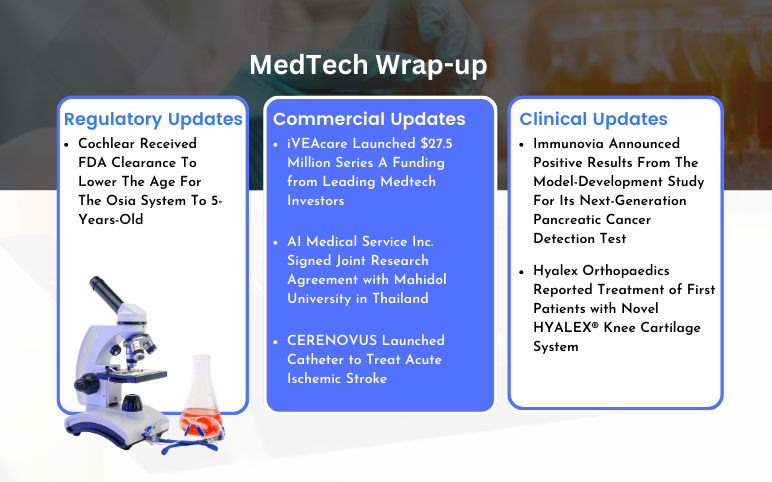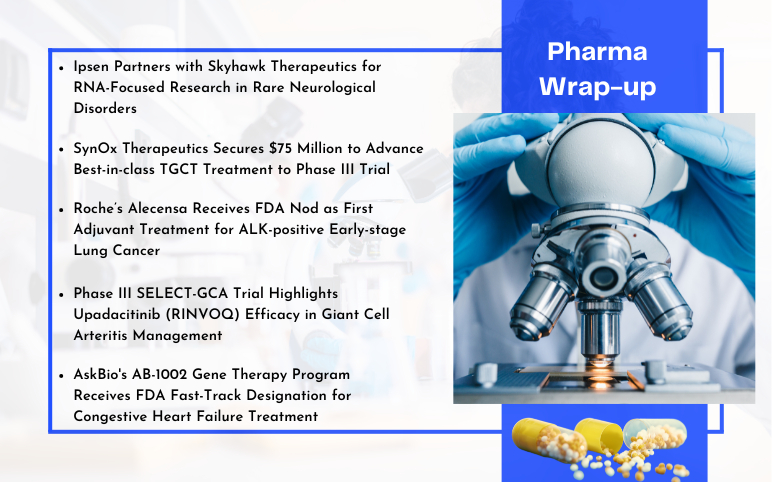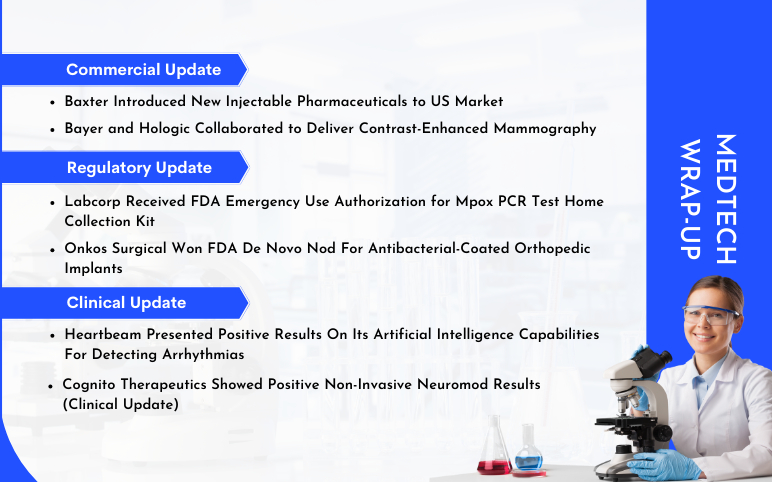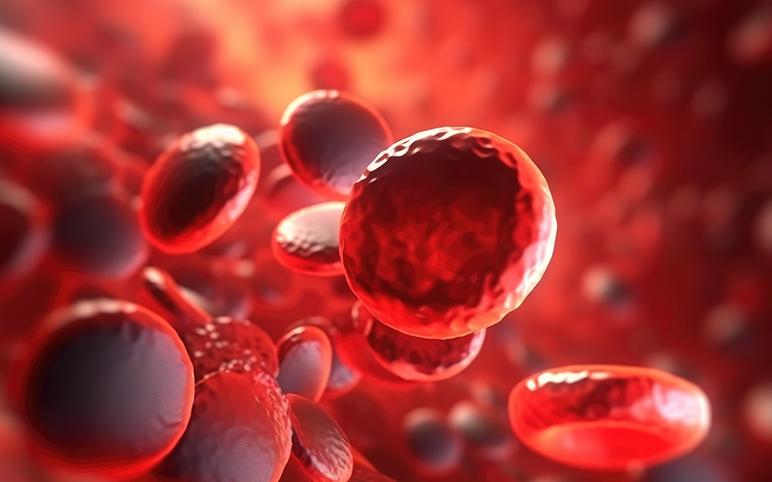Table of Contents
Boston Scientific pays USD 336 Million to acquire blood clot medical device firm
Boston Scientific Corp. is shelling out as much as USD 336 million to take over the rest of medical device firm Devoro Medical, which it has held a stake in since 2019.
The payment comprises USD 269 million paid upfront for the 84% of the company Boston Scientific does not already own, plus up to USD 67 million in possible milestone payments.
The Marlborough-based company added another blood clot removal tool to its suite of medical devices with the acquisition. Fremont, Calif.-based Devoro is behind a platform called “Wolf ”, which utilizes tiny, finger-like prongs to catch and eradicate blood clots from arteries and veins.
Boston Scientific’s Jeff Mirviss, head of the peripheral interventions division, called blood clot management a core focus of their business in a statement. Wolf will join other blood clot tools comprising the EkoSonic endovascular system and AngioJet thrombectomy system.
Michael R. Jaff, chief medical officer of Boston Scientific’s Peripheral Interventions division, said in a statement that the Wolf platform is a compelling new option for physicians performing thrombectomy procedures and, importantly, it is designed to aim and eliminate clots without damaging blood vessels, while also reducing blood-loss, which may improve outcomes.
The medical device giant has accelerated its M&A activity over the last few months. Earlier this month, Boston Scientific closed its USD 1 billion acquisition of Lumenis Surgical, the surgical business of laser firm Lumenis. This year, the company has also paid USD 925 for the Minnesota health technology company Preventice Solutions and USD 295 million for Farapulse, a California maker of cardiac devices.
Boehringer Ingelheim acquires Abexxa Biologics for precision most cancers drug pipeline
Boehringer Ingelheim, seeking to recover from discarding a seven-year most cancers contract with CureVac utilizing forging new oncology offers, has bought one such hopeful in Abexxa Biologics.
The small Texas biotech began with Boehringer in 2016, when the pharma massive seeded Abexxa and supplied a shared lab house in Cambridge, Massachusetts.
The dimensions of that preliminary investment had been stored underneath the hood. In most cases, Boehringer’s undertaking fund gives out not more than USD 3.5 million to every portfolio corporate within the early levels and USD 17.6 million general over the startup’s existence.
Abexxa joins Boehringer and can stay within the Dallas-Castle Value house, within sight of the biotech’s foundation on the College of Texas at Arlington. The purchase comprises advances, milestones, and different bills.
Boehringer stated that the Abexxa’s generation aims at cancer-specific proteins situated throughout the mobile versus proteins at the mobile membrane broadening the selection of possible cancer antigen objectives. The purchase aims to convey most cancer immunotherapies to fulfillment.
The biotech has evolved a T-cell receptor-like antibody to damage a selected immune checkpoint in oncology. Abexxa is forming molecules, which recruit immune cells zeroed in on particular tumor peptides.
While Boehringer’s care for Abexxa remains within the early levels, it generally is a rebound for the German Large Pharma after strolling clear of a USD 600 million pact with CureVac’s previous this summer season. That deal, signed in 2014, had aimed to convey most cancer mRNA vaccines to the marketplace.
858 Therapeutics closes USD 60 Million series A round to drug RNA modulation
Jeffrey Stafford, Ph.D., and his team of industry veterans have seen their biotechs go on to be taken over by Genentech, Bristol Myers Squibb, and Celgene. Now, they are ready for their next venture, which is launching RNA biotech 858 Therapeutics with a USD 60 million Series A fundraising.
Backed by founding investor Versant Ventures, 858 Therapeutics will develop a pipeline of oncology therapeutics based on RNA technology with the new funds. The financing also had participation from New Enterprise Associates, Cormorant Asset Management, and Logos Capital.
858’s founding team comprises Stafford, Chief Scientific Officer James Veal, Ph.D., and Vice President of Biology Gretchen Bain, Ph.D. The executives come from Jecure Therapeutics, Quanticel Pharmaceuticals, and Amira Pharmaceuticals, all of which were launched by Versant and went on to be acquired by Big Pharma. Stafford and co. have helped prepare more than 20 drug candidates for clinical trials.
858 is emerging with the acquisition of Gotham Therapeutics, RNA-focused biotech, which launched in October 2018 with a USD 54 million funding round. Gotham, which also counts Versant as an early investor, is developing small-molecule inhibitors of mRNA-modifying proteins for cancer. The financial terms of the deal were not revealed.
858’s drug candidates include proteins, which regulate RNA and immune response. Stafford said that 858 would narrow its cancer targets as research goes on.
Novartis acquires Arctos Medical to expand optogenetics portfolio
Novartis is expanding its optogenetics portfolio with the acquisition of gene therapy company Arctos Medical. With the purchase, Novartis will back its adeno-associated virus gene therapy-based options for different forms of genetically related blindness.
Swiss pharma giant Novartis said the Arctos acquisition emphasizes its commitment to utilizing optogenetics-based therapies to recover vision to patients with advanced blindness. Optogenetics is a method that uses light to modulate molecular events in a targeted manner in living cells or organisms.
Jay Bradner, M.D., president of the Novartis Institutes for BioMedical Research, said optogenetics is becoming a potential therapeutic approach, which might restore sight to patients who are legally blind. The Arctos approach has been developed for multiple conditions, which can cause blindness, including inherited retinal dystrophies (IRDs) and age-related macular degeneration.
Unlike other gene therapies focused on blindness, such as Spark Therapeutics’ Luxturna, the Arctos approach is not zeroed in at correcting a specific gene that causes blindness that means its technology can address several forms of IRDs regardless of the underlying mutation. Mutations can cause IRDs in more than 100 genes. Arctos’ proprietary, light-sensitive optogenetic, initially developed at the University of Bern in Switzerland, is delivered to particular retinal cells through an AAV gene therapy. That changes the targeted cells into replacement photoreceptor-like cells. If the approach comes out to be successful in the clinic, Novartis said a therapeutic based on this kind of technology could be used to treat any disease, which causes blindness due to photoreceptor death.









-Agonist.png)


